US main barrier to Iraq’s procurement of advanced ammunition: Lawmaker
An Iraqi legislator from the Fatah (Conquest) Alliance says the United States is the chief obstacle to the Baghdad government’s acquisition of sophisticated military hardware and missile systems to protect the country against any possible act of aggression.
Fadel Jaber told Arabic-language al-Maalomah news agency that there are three reasons behind the Iraqi army’s inability to rebuild, restructure and elevate its military prowess and procure advanced ammunition.
“The chief and primary reason is the American side, which has always been a stumbling block on the path of any arms deal, especially contracts with Russia or any other country that possesses advanced weapons,” he noted.
Jaber then referred to certain corrupt arms deals concluded over the past years, as well as some political factions and external push as other factors behind Iraq’s failure to acquire advanced military hardware.
Mohammed al-Baldawi, a member of the Iraqi Parliament’s Security and Defense Committee, also said in an interview with al-Maalomah news agency on November 23 last year that the United States is fiercely opposed to Iraq’s procurement of Russian-made surface-to-air S-400 air defense missile systems for fear the advanced anti-aircraft weapons could undermine the aerial hegemony of Washington in the region.
“The main reason is to prevent the Russian side from marketing its air defense systems in the region, whether it is Iraq, the [Persian] Gulf region, Iran or any other country in the Middle East, because the US, along with Israel, will lose its hegemony over regional countries’ airspace, and its freedom of movement to target anti-Israel sites would be constrained,” he said at the time.
The United States has already warned Iraq of the consequences of extending military cooperation with Russia, and concluding deals to buy sophisticated weaponry, particularly S-400 missile systems.
Washington had earlier threatened sanctions against Iraq under the so-called Countering America’s Adversaries Through Sanctions Act (CAATSA) as a possible consequence of striking defense deals with Moscow.
The CAATSA was signed into law in August 2017, imposing sanctions on Iran, North Korea, and Russia.
VIDEO | 85% of Yemeni displaced people face daily hunger crisis
US House passes bill targeting charities and pro-Palestine groups
VIDEO | Supporting Gaza genocide
Hezbollah attacks Israeli forces after Lebanese homes blown up
World leaders, states hail ICC arrest warrants for Netanyahu, Gallant
MP: US accountable for possible Israeli 'foolishness' to attack Iraq
VIDEO | Israeli policies strangle Palestinian agriculture, economy
Iran's president offers condolences to Pakistan over terrorist attack


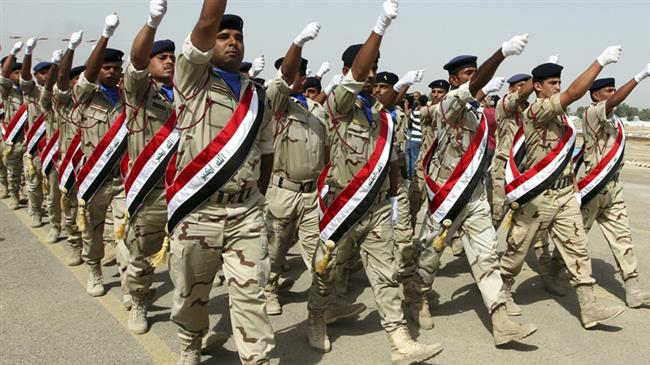


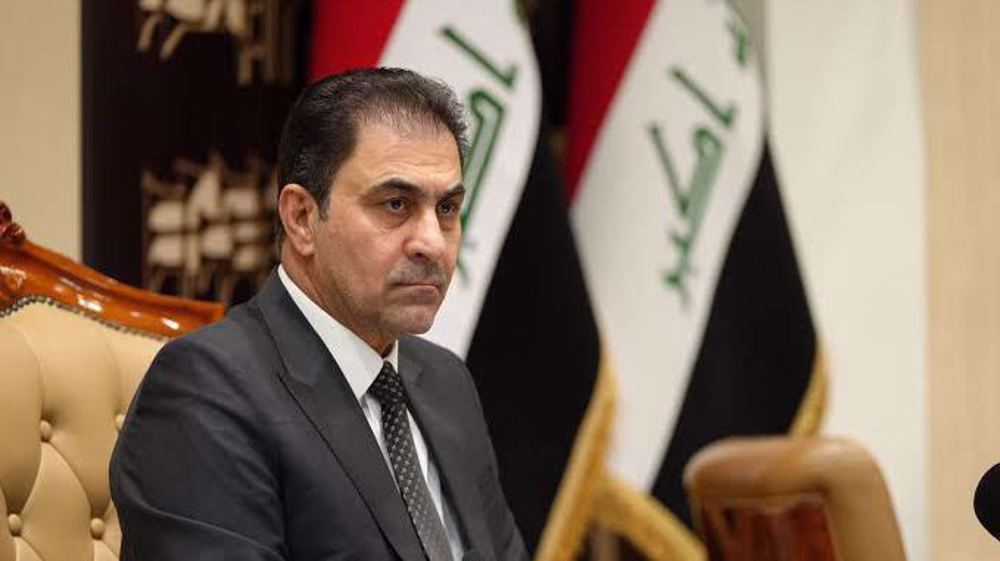
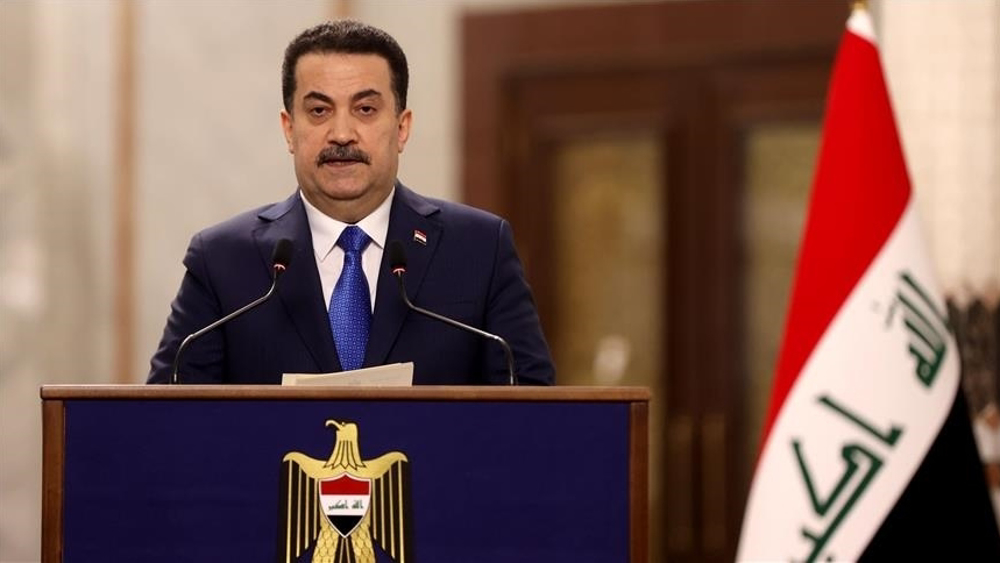
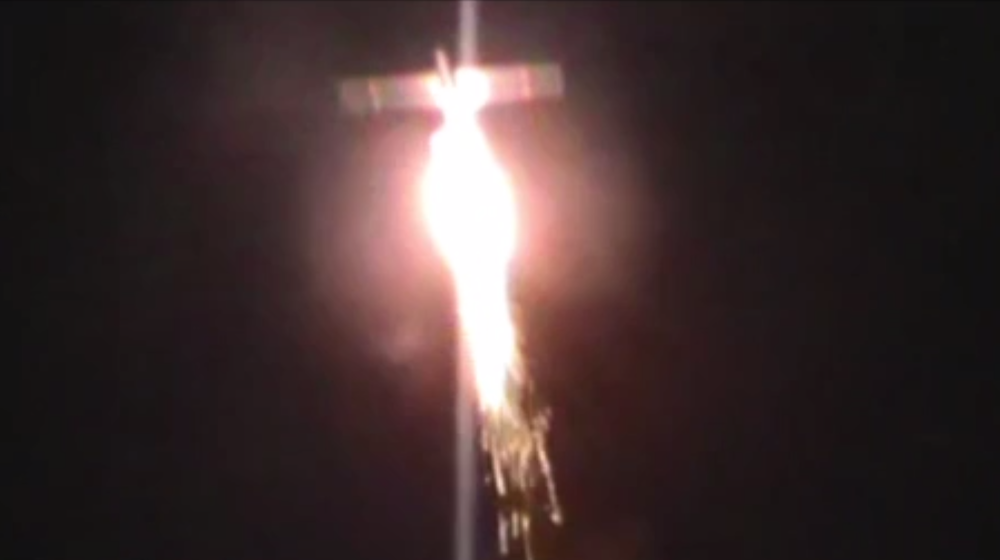




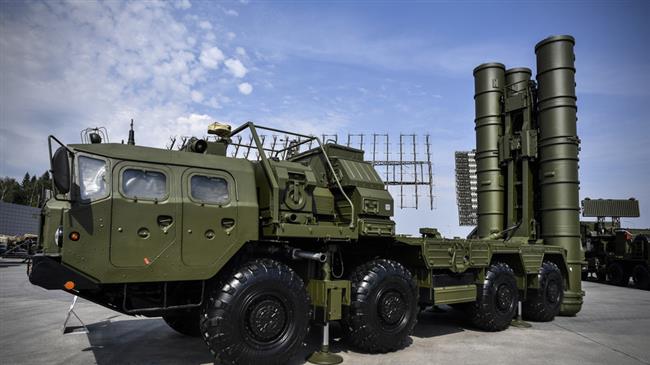
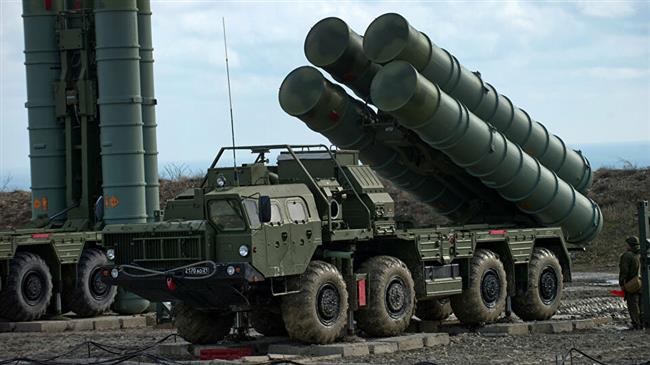
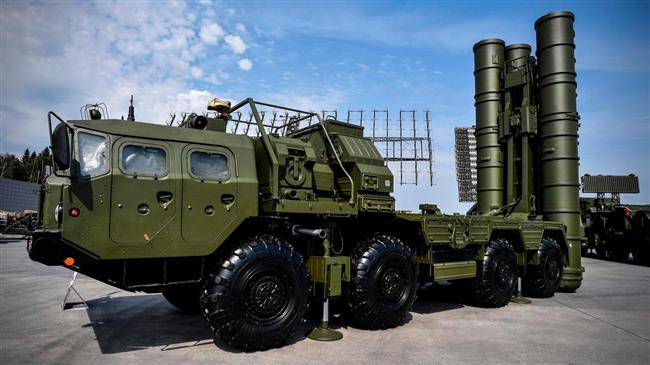

 This makes it easy to access the Press TV website
This makes it easy to access the Press TV website